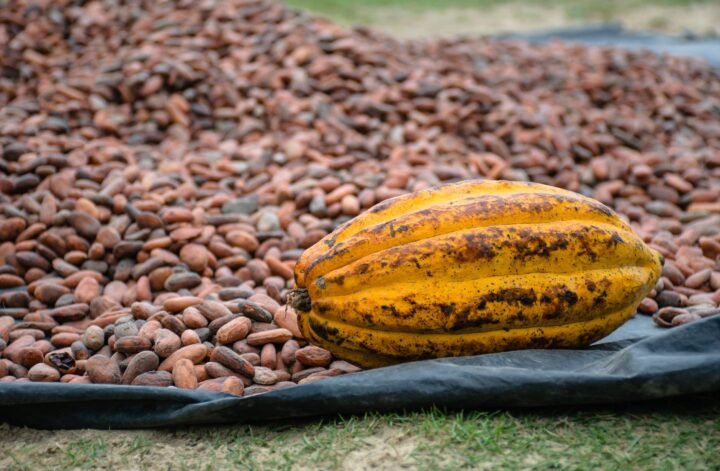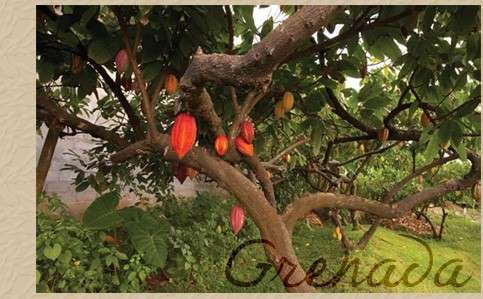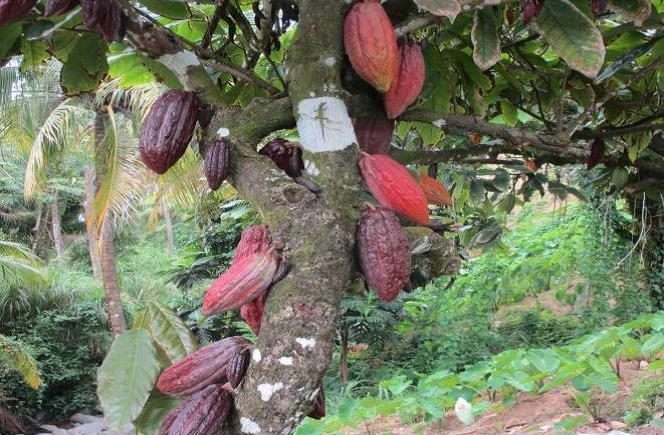
The Origins of Ghanaian Cocoa
When it comes to cocoa, few countries can rival the rich history and deep-rooted traditions of Ghana. For centuries, this West African nation has been at the forefront of cocoa production and has earned itself the well-deserved title of the ‘Cocoa Capital of the World’.
The story of Ghanaian cocoa begins in the late 19th century when the crop was introduced by Tetteh Quarshie, a Ghanaian blacksmith. He returned to his homeland from Fernando Po (now Equatorial Guinea) with cocoa beans and sparked a revolution in the country’s agricultural landscape.
With its fertile soil, favorable climate, and abundant rainfall, Ghana proved to be the perfect environment for cocoa cultivation. The crop flourished, and soon, small-scale farmers across the country began planting cocoa trees, creating a sustainable industry that would transform the nation’s economy.
The Rise of Ghana as a Cocoa Powerhouse
As the cocoa industry in Ghana grew, so did the country’s influence on the global market. Ghana quickly became one of the leading cocoa producers worldwide, exporting high-quality cocoa beans to chocolate manufacturers around the globe.
The Ghana Cocoa Board (COCOBOD), established in 1947, played a vital role in the development of the industry. The board introduced regulations and policies to ensure fair pricing, improve farming techniques, and support the livelihoods of cocoa farmers.
Today, Ghana is the second-largest cocoa producer in the world, with an estimated annual output of over 900,000 metric tons. The country’s commitment to sustainable farming practices and its dedication to quality have made Ghanaian cocoa highly sought after and respected in the international market.
The Cultural Significance of Cocoa in Ghana
Cocoa holds immense cultural significance in Ghana, deeply woven into the fabric of the nation’s traditions and identity. In many Ghanaian communities, cocoa farming is a way of life and is passed down through generations.
The annual cocoa harvest is celebrated with great enthusiasm during the ‘Homowo’ festival, where farmers and their families come together to give thanks for a bountiful harvest. Traditional music, dance, and rituals are performed, showcasing the importance of cocoa in Ghanaian culture.
Furthermore, cocoa plays a pivotal role in Ghana’s economy, providing employment opportunities for millions of Ghanaians. The income generated from cocoa farming helps support education, healthcare, and infrastructure development in cocoa-growing regions, contributing to the overall growth and prosperity of the nation.






